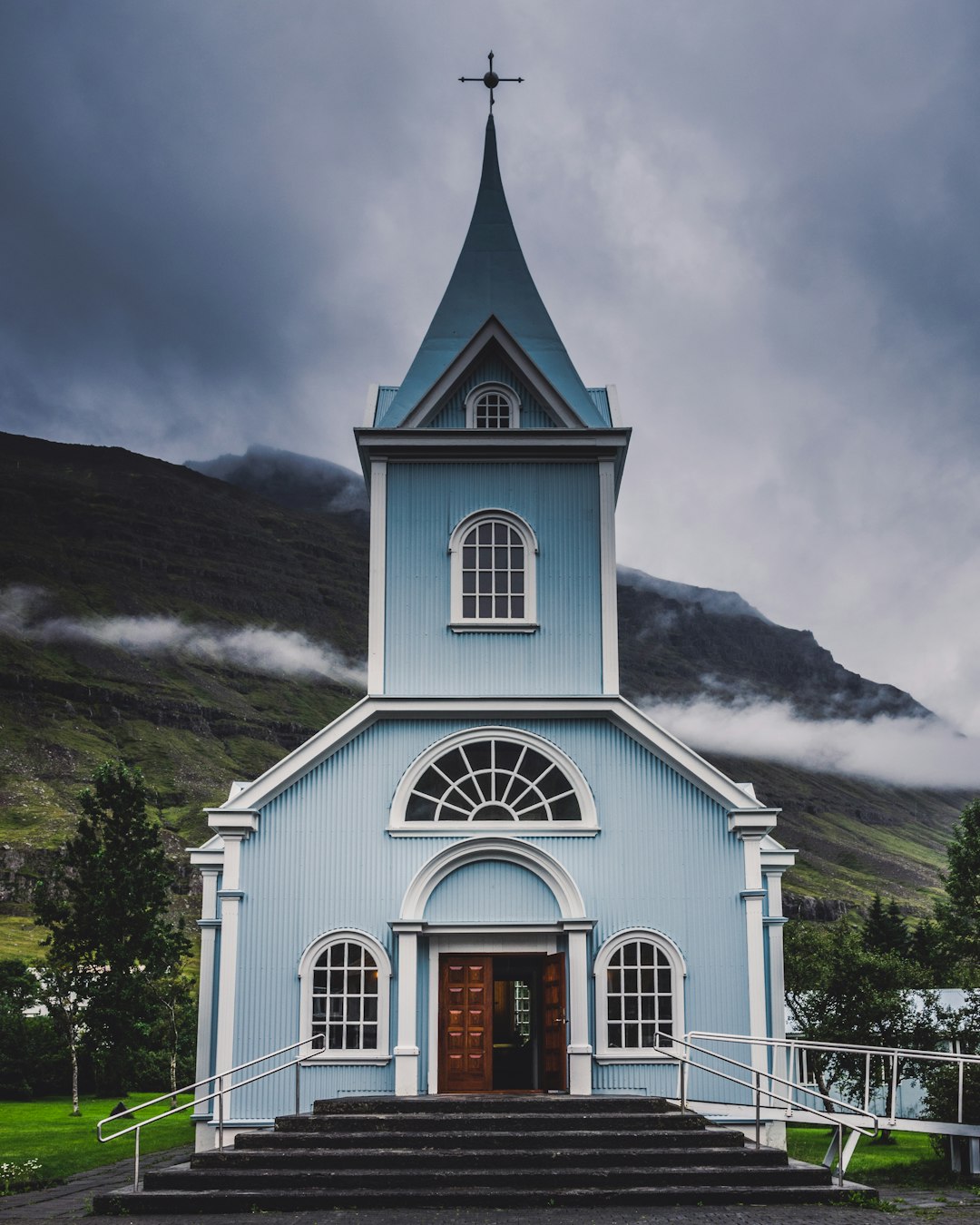In Indiana, clergy sexual abuse involves inappropriate contact by religious figures with minors under age of consent, often due to power dynamics that prevent victims from speaking out. The state has enacted specific laws and a specialized clergy abuse law firm in Indianapolis IN plays a vital role in supporting survivors, holding perpetrators accountable, and protecting children through confidentialities, enhanced reporting, swift investigations, counseling, and legal counsel. Background checks, training, and safe environments are also crucial to prevent future incidents.
In Indiana, protecting children from clergy sexual abuse is a paramount concern. This comprehensive guide explores the complex issue of clergy sexual abuse within the state, delving into understanding the problem, legal frameworks designed to protect minors, and crucial support systems for victims. Additionally, it highlights preventive measures aimed at safeguarding Indiana’s youth. For those seeking legal counsel, a dedicated clergy abuse law firm in Indianapolis, IN, offers specialized assistance, ensuring justice and healing for affected individuals.
Understanding Clergy Sexual Abuse in Indiana

In Indiana, clergy sexual abuse refers to any form of inappropriate or non-consensual sexual contact or behavior by a member of the clergy towards a minor. This includes actions such as fondling, touching, or engaging in sexual activities with a child under the age of consent. Unfortunately, due to their position of power and authority, children often feel unable to speak out against such abuse within religious institutions. Recognizing this pervasive issue, Indiana has implemented specific laws aimed at preventing and addressing clergy sexual abuse.
An Indianapolis IN clergy abuse law firm plays a crucial role in supporting victims and holding perpetrators accountable. These legal professionals specialize in navigating the complexities of these cases, ensuring that victims’ rights are protected and that justice is served. They guide survivors through the legal process, providing them with the resources and representation necessary to seek compensation and closure.
Legal Frameworks and Protection Measures

In Indiana, protecting children from clergy sexual abuse is a multifaceted effort involving both legal frameworks and proactive protection measures. The state has enacted stringent laws to address this issue, including specific legislation targeting clerical abusers. A clergy abuse law firm in Indianapolis, IN, plays a crucial role in upholding these laws, providing support to victims, and ensuring accountability for perpetrators.
These legal protections include strict confidentiality provisions to safeguard the privacy of both victims and accused clergymen, as well as enhanced reporting requirements for religious organizations. Law enforcement agencies and child protection services are empowered to investigate complaints swiftly, while support services like counseling and therapy are readily accessible to help children heal from traumatic experiences. Such comprehensive measures reflect a concerted effort to create a safer environment within religious communities across Indiana.
Supporting Victims and Preventing Future Incidents

Supporting victims of clergy sexual abuse is a critical step in ensuring their healing and safety. If your child has experienced such an injustice, connecting them with a dedicated clergy abuse law firm in Indianapolis, IN, can be transformative. These professionals are equipped to provide legal counsel, emotional support, and advocacy during this difficult time. They understand the complexities of these cases and work tirelessly to protect the rights of survivors.
Preventing future incidents requires a multifaceted approach. This includes implementing stringent background check policies for clergy members, providing mandatory reporting training for church staff and leaders, and fostering an open and safe environment where children feel comfortable discussing concerns. By combining legal action with proactive measures, communities can create a safer landscape for children within religious institutions, addressing past traumas while safeguarding future generations from similar harm.






